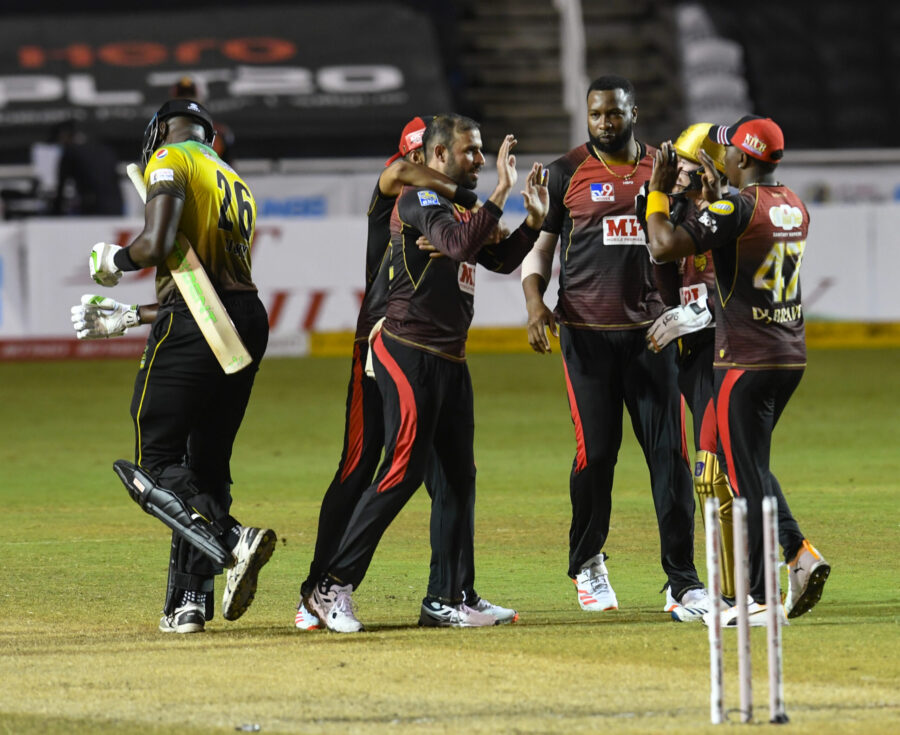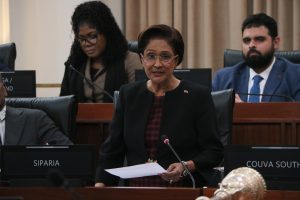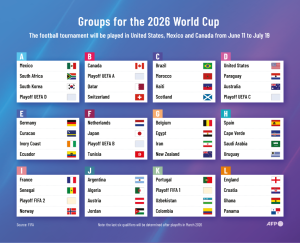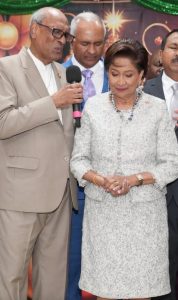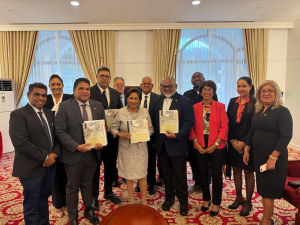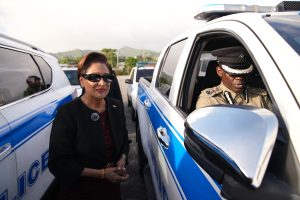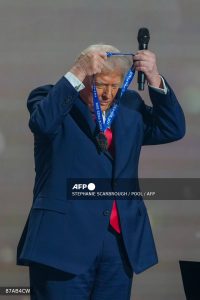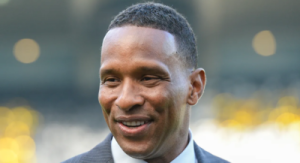‘If we could assemble a Caribbean basketball or football team then in the next few years we may be worthy rivals to Brazil or Italy in the World Cup or challenge the best of the NBA in the United States’
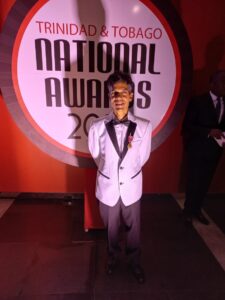
OUR sporting heroes and heroines often possess the Janus-faced ability to both unite and divide the Caribbean region.
In the 20th Century, cricket has been a sport that united the Anglophone Caribbean. However, a few losses in cricket against South Africa or Australia, and the state of our Caribbean unity is in jeopardy.
When the West Indies cricket team is winning, we are proud and the Caribbean diaspora around the world is exuberant.
But the question remains – why must the unity among the Caribbean territories hinge on the loss or victory of a test series, T20 or one-day cricket match?
The culprits are often sports journalists, coaches and commentators who tend to blame certain players, the entire team or the captain in the aftermath of a loss. Indeed, such criticisms promote a feeling of insularity among Caribbean territories. And, often the unity created by sports is temporary.
Is it any wonder then that the former British West Indian colonies have not been able to produce a West Indian netball, hockey or football team? Likewise, many of us might not find it odd that the Caribbean contingents for the Olympics are representative of individual islands, such as Jamaica or Barbados and not the region. Our parochial mentality of competing in the regional games has affected the inertia towards Caribbean unity. Is it possible though that the more diverse Caribbean teams we produce, then the better our chances for world domination of these sports?

Sometimes the administrators of the sports are not able to select the most gifted and talented athletes and players. This results in poor performance and mediocre players. Administrators need to appreciate the importance of selecting the best based to represent the region. The lack of funding from governments will obviously impact on the extent sports has on regional unity.
If we could assemble a Caribbean basketball or football team then in the next few years we may be worthy rivals to Brazil or Italy in the World Cup or challenge the best of the NBA in the United States. If the West Indian cricket team dominated the world of cricket for decades and created a semblance of unity, then we need to seriously consider assembling and training more sporting teams representing the best of our region. The competitive spirit and quality of our games have suffered from inter-island bickering. The region has the potential and can be world-class in every aspect of life and must not bow to pressures from a few disgruntled voices who believe that if we are not victorious in every game then we are failures or burdened with shortcomings.
When Jamaican and Barbadian athletes and Cuban baseball players excel on the international stage, the entire region must feel a sense of pride. One of the first steps towards Caribbean unity is recognising the medal winner on the podium and his/her efforts as reflective of a Caribbean national.
The Caribbean has a wealth of natural talent and our greatest challenge is to harness these achievements to fuel the drive for regional unity. However, unless our athletes receive regional support we will continue losing our finest men and women to developed countries. Sports in the Caribbean should continually and not occasionally, intensify levels of unity.

We need to recognise that other sports in the Caribbean possess the potential to make similar contributions to regional unity. Games such as hockey, basketball, squash, table tennis, boxing, karate, swimming and weightlifting are overshadowed by cricket and football.
These sports are often considered to be of lesser importance despite producing medals at the Commonwealth, Carifta and Olympic Games.

Additionally, many of these sportsmen and sportswomen receive inadequate funding and public admiration. Each participant, winner or loser, representing our region abroad needs the Caribbean support. The inter-island competitions involving hockey, netball and boxing contribute to the goal of Caribbean unity.
However, we must progress from this stage to more representative teams on the international stage. Thus, sports must no longer be viewed as games demanding only the best in physical and mental prowess, acquiring medals and accolades but as a viable medium for Caribbean unity.
Dr Jereome Teelucksingh is a recipient of the Humming Bird (Gold) Medal for Education and Volunteerism. He is attached to the Department of History at the University of the West Indies at St Augustine. He has published books, chapters and journal articles on the Caribbean diaspora, masculinity, culture, politics, ethnicity and religion. Also, he has produced a documentary – Brown Lives Matter and presented papers at academic conferences.
See other articles by Dr Jerome Teelucksingh:
Religious Plurality: Curse or Blessing
Caribbean Youth Need Optimism, Patriotism
Rethinking Identities in Caribbean, Latin America
November 19: All Inclusive International Men’s Day
Should International Agencies be Blamed for Unemployment
A Need to Observe Word Unemployment Day
An Ideology for the Trade Union Movement
The Man who Couldn’t be Prime Minister
Social Outburst vs Social Revolution
Challenges of the Men’s Movement
If George Floyd was Denied Parole
The Meaning of Indian Arrival Day in T&T
International Men’s Day – A Way of Life
Wounds that cause school violence
May Day: A Time for Solidarity, Strength
Who Coined the Term ‘Black Power’
![]()


